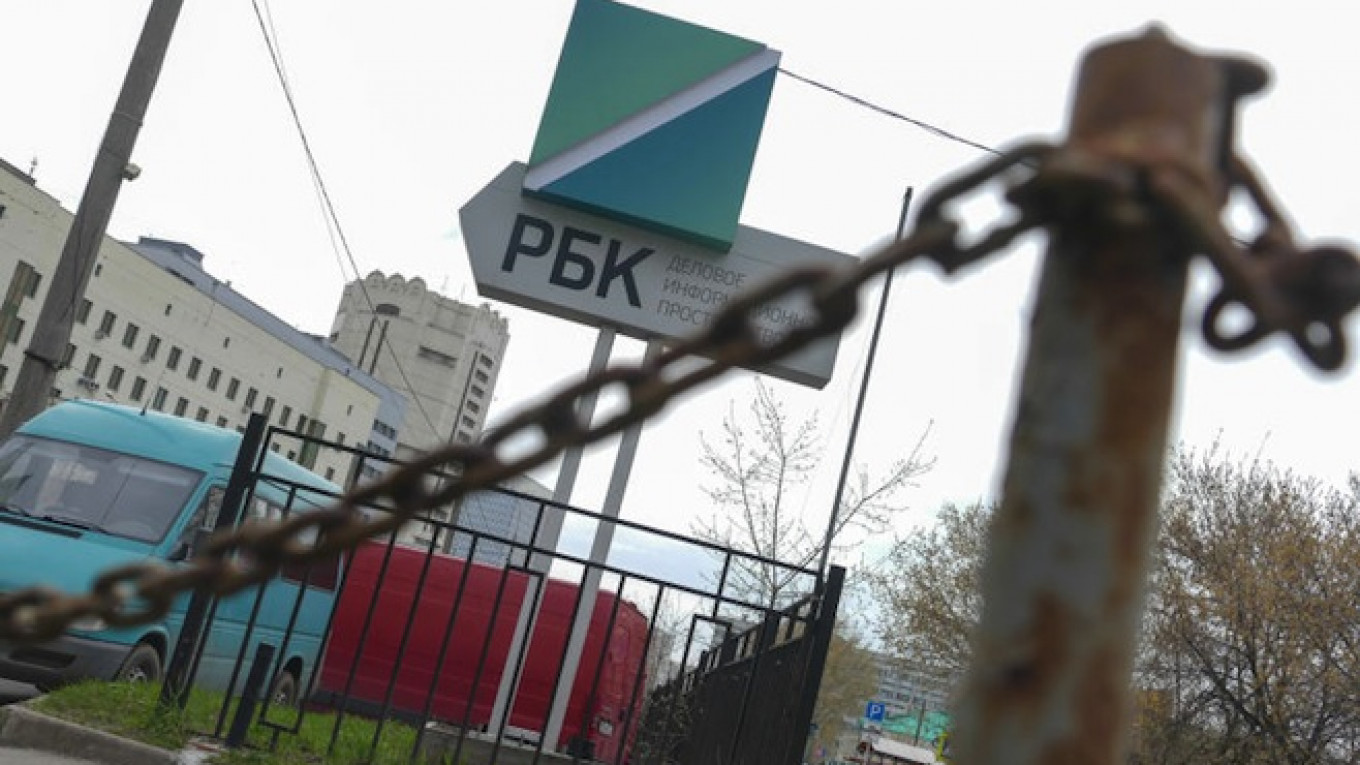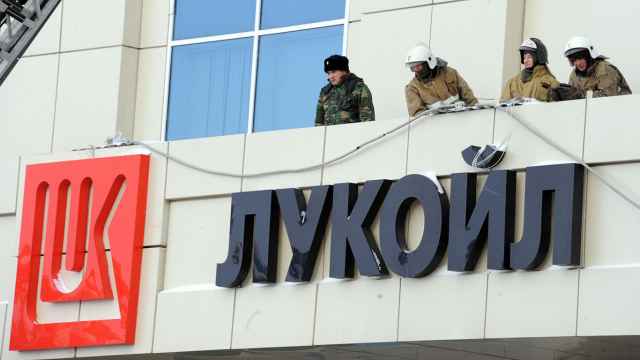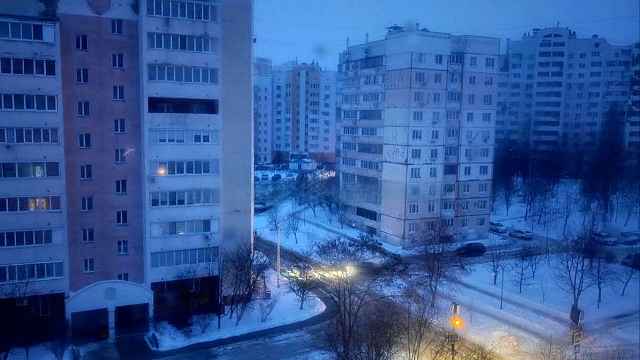The former chief editor of the RBC media holding has said that political pressure on the company resulted in the dismissal of top staff members, the Meduza news website reported Thursday.
RBC's work on the Panama Papers was like waving a “red rag” at the Kremlin, Yelizaveta Osetinskaya said in an interview published by The Financial Times.
Reporters at the paper were told to “dig for information” following the Panama revelations, which leaked details of thousands of offshore accounts, Osetinskaya said.
The information included details on Sergei Roldugin, a close friend of Russian President Vladimir Putin. The cellist owns a number of offshore companies with cash flows of $2 billion.
RBC newspaper editor-in-chief Maxim Solyus was dismissed from his position on May 13. Osetinskaya and chief editor of the RBC website Roman Badanin resigned in protest, along with several other staff members.
Osetinskaya also dismissed claims from Deputy Communications Minister Alexei Volin that the dismissals had taken place for economic reasons. Volin told reporters that the RBC editors had been “fired for idiocy,” as well as “incompetence and lack of professionalism.”
Their work had driven the media holding into debt to the sum of 1.5 billion rubles ($22.5 million) he said, the Interfax news agency reported.
RBC general director Nikolai Molybog said that the journalists left due to “disagreements on important issues.”
The RBC media holding has allegedly drawn Kremlin displeasure on a number of occasions. The company published several articles on Russian President Vladimir Putin's alleged family members, as well as an article on an oyster farm next to the Black Sea mansion dubbed “Putin's Palace,” Reuters reported.
A Message from The Moscow Times:
Dear readers,
We are facing unprecedented challenges. Russia's Prosecutor General's Office has designated The Moscow Times as an "undesirable" organization, criminalizing our work and putting our staff at risk of prosecution. This follows our earlier unjust labeling as a "foreign agent."
These actions are direct attempts to silence independent journalism in Russia. The authorities claim our work "discredits the decisions of the Russian leadership." We see things differently: we strive to provide accurate, unbiased reporting on Russia.
We, the journalists of The Moscow Times, refuse to be silenced. But to continue our work, we need your help.
Your support, no matter how small, makes a world of difference. If you can, please support us monthly starting from just $2. It's quick to set up, and every contribution makes a significant impact.
By supporting The Moscow Times, you're defending open, independent journalism in the face of repression. Thank you for standing with us.
Remind me later.






